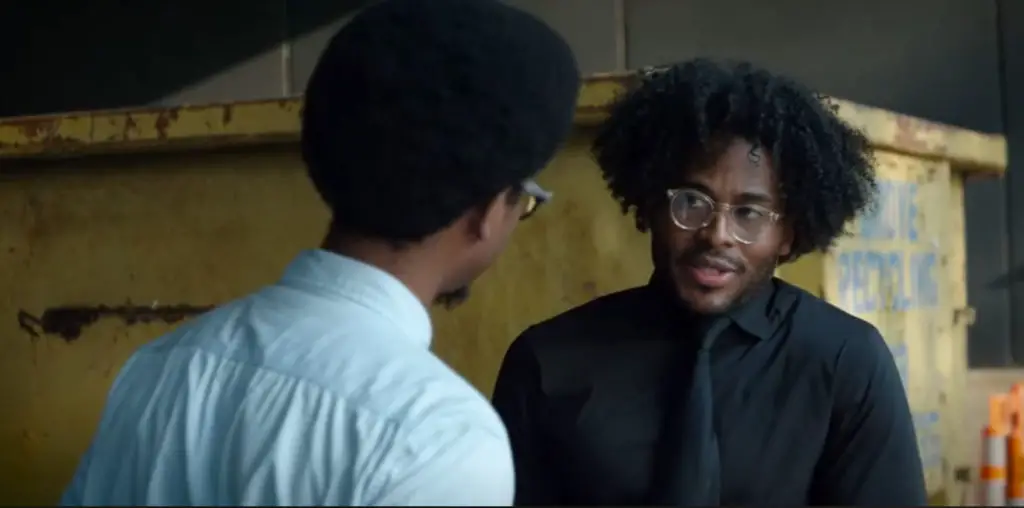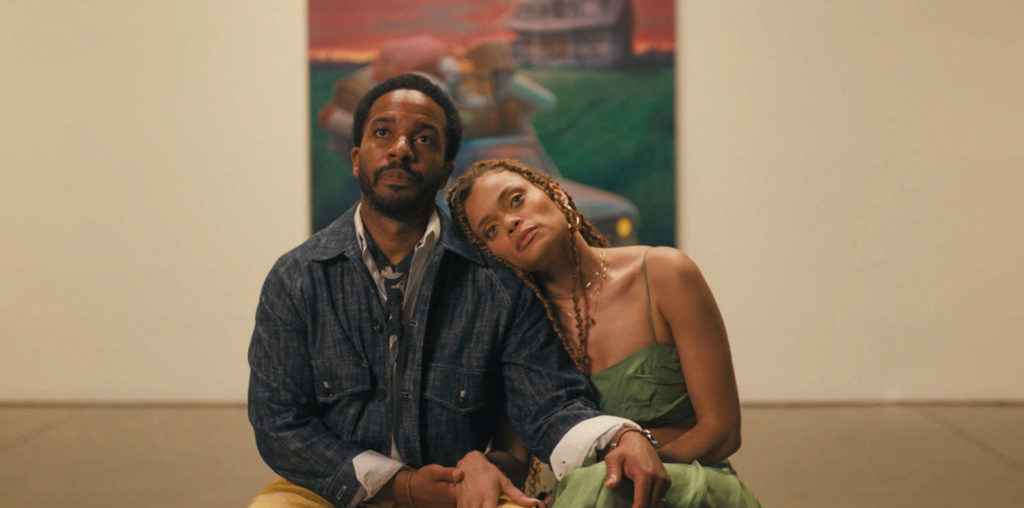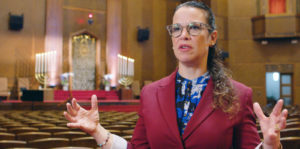
In director-writer Brian Ide’s documentary A Case for Love, Episcopal Bishop Michael Curry discusses his teachings on how unconditional, sacrificial love can be practiced in the United States. Curry famously hijacked the royal wedding of Prince Harry and Meghan Markle in 2018 to give a 13-minute sermon on how love can change the world. The film also features interviews with different people, including well-known personalities such as Secretary of Transportation Pete Buttigieg and actor Sam Waterston,
Stories are presented by individuals who have seen extremely hard times. One woman describes being trapped in addiction and prostitution. Former NFL player Tim Shaw is profiled, along with his parents. Shaw was diagnosed with ALS in 2014, and his condition has been deteriorating ever since. A warrior with PTSD after combat is interviewed. All of these people describe how they were healed from their trauma by focusing outside themselves to help others. Of course, what Curry is talking about is altruism.
The film points out how coarse and uncaring our society has become. We see acts of violence routinely on our screens and have become immune to it to such a degree that we often feel nothing. We have also become intensely tribal. Social media has allowed us to gather virtually in like-minded groups where the greatest evil is to be “other.”
Ultimately, the documentary is a long-form version of Curry’s Royal Wedding sermon. There’s a strong focus on giving a Christian deity credit for the human impulse to help others. That is not going to resonate with everyone. Curry does make some problematic assertions. He calls out “critical race theory” as “not helping” people get along. The idea being, I suppose, that we all need to forget the past, ignore systemic inequality, and “go along to get along.” This approach radically favors the dominant paradigm. As a plan to heal society, that’s a non-starter.
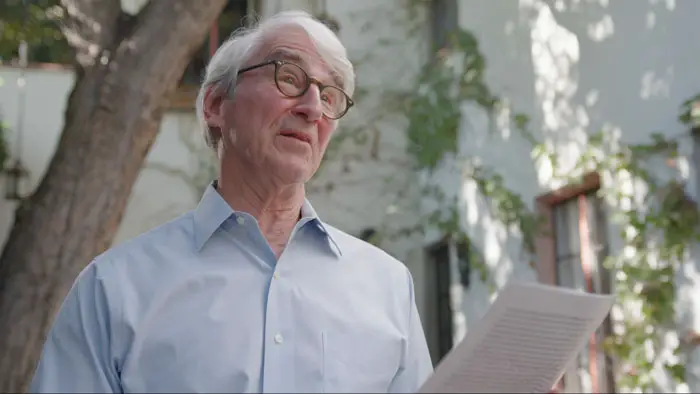
“…how unconditional, sacrificial love can be practiced…”
A Case for Love is reductive, where there’s a poor definition of what precisely is meant by “love.” The film uses the word in a way that could mean a variety of things. If what Curry (through Ide) is driving at is basic compassion and kindness, then it makes sense. However, if the argument is that, in the name of peace and quiet, people should stop making a fuss by pushing for social justice, then we should bear in mind that graveyards are quiet and, indeed, peaceful. That’s not the peace the world needs. There’s been some commentary lately that “wokeness” pushing back on racism, sexism, misogyny, transphobia, homophobia, etc, is intolerant. That’s a weird take, given that the original positions are ones of intolerance. To paraphrase a quote: “Tolerance of intolerance is not tolerance. It’s suicide.” Justice is not hate. Capitulation is not love.
That said, Curry’s acceptance of a broad spectrum of people is commendable. Ide’s stories exemplifying selfless love for others are inspiring, particularly from those who have survived horrific trauma. Curry also has practical advice for each individual to do as much good as possible each day. This is the Stoic approach, and requires nothing more than baseline human empathy.
The message of the film, calling for kindness and openness to others and the meditation on how to turn away from narcissism, clearly has power. Pinning this to a particular religious tradition is less interesting. The viewer will ultimately decide whether A Case for Love makes a compelling case as stated or whether the film is essentially another sermon from a particular religious practice. It is, perhaps, a bit of both.
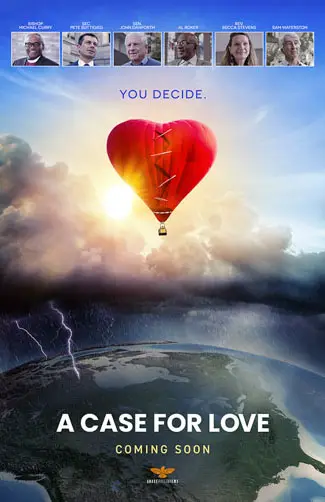
"…the message...clearly has power."
